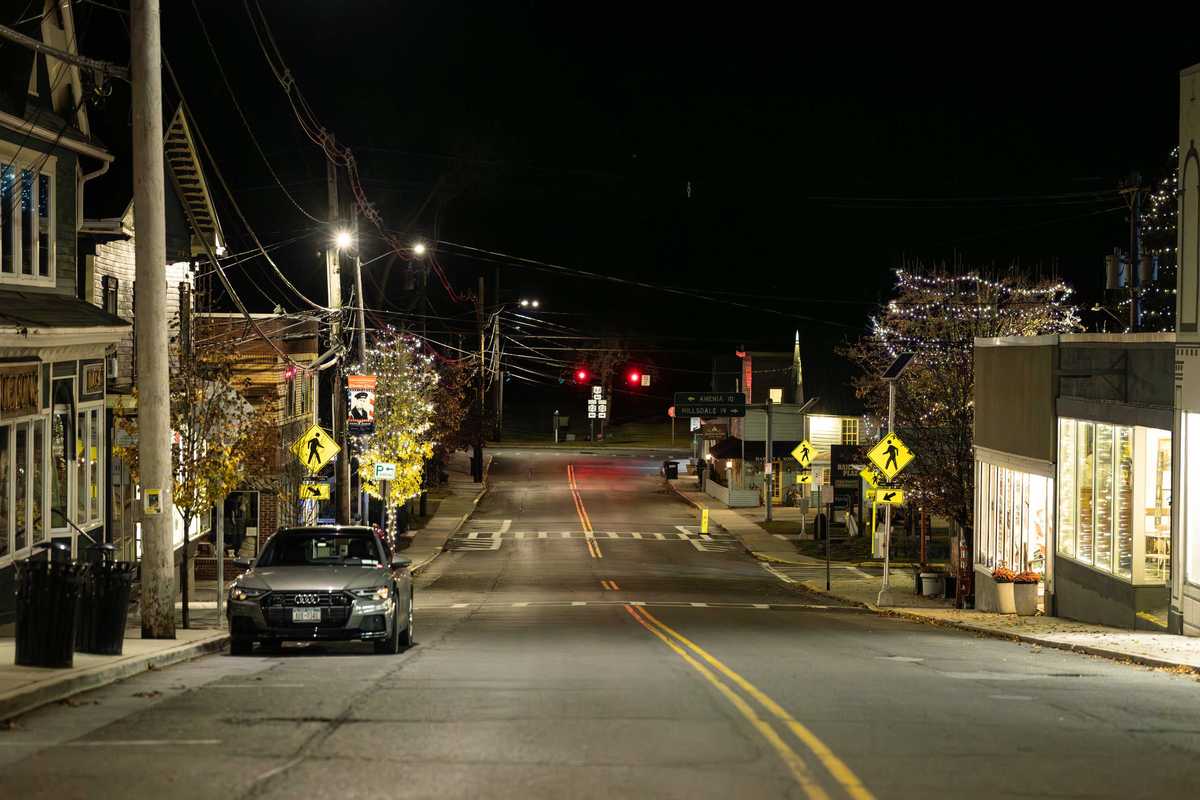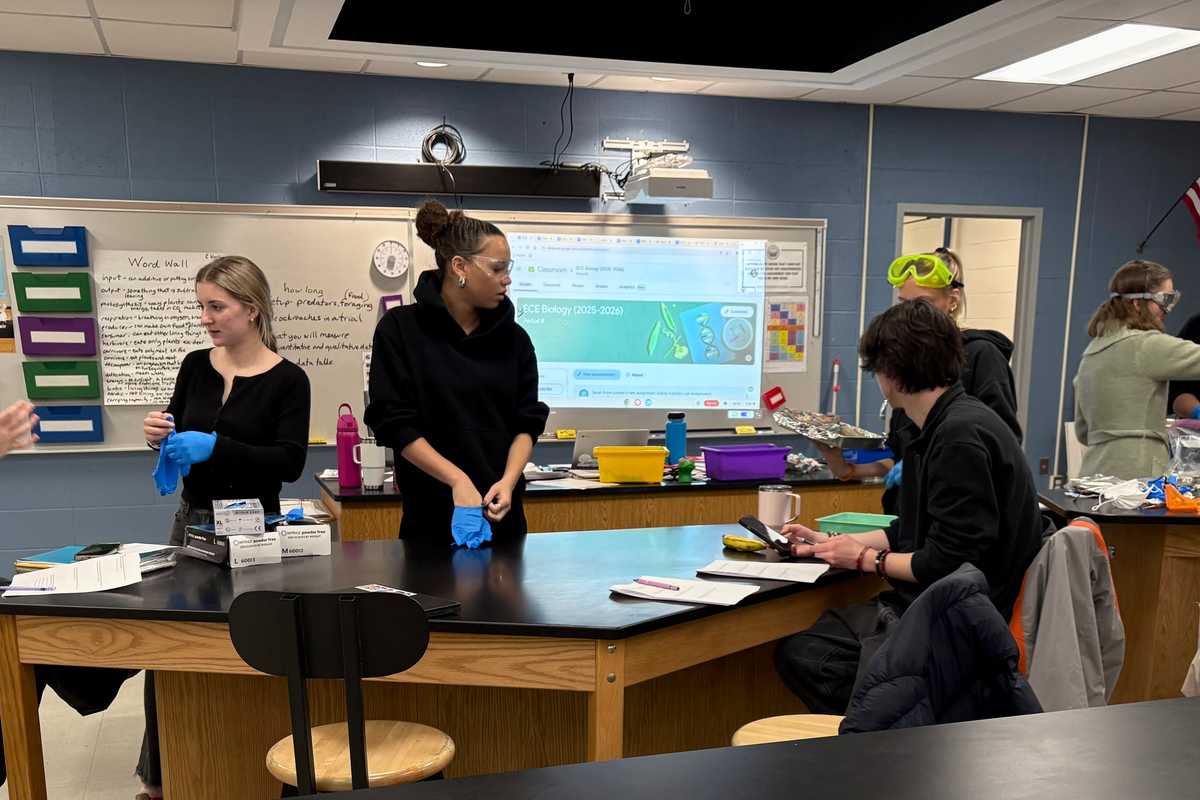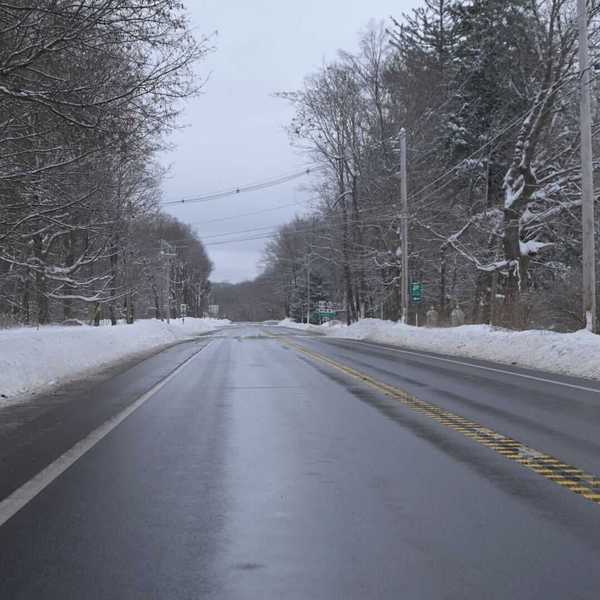Surviving Wall Street: Scott Bok on power, protest, and collapse
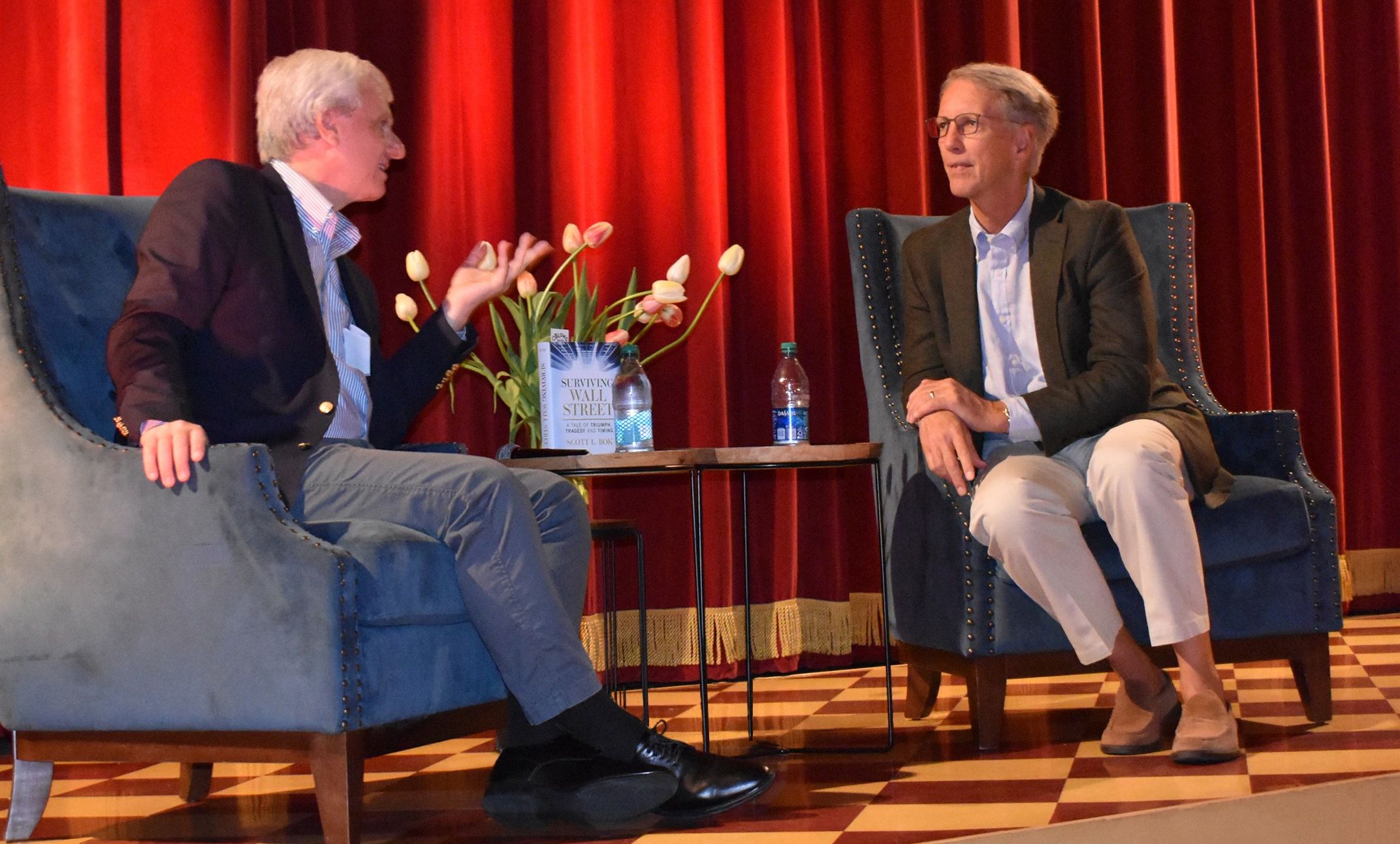
At the Colonial Theatre in North Canaan, Peter Canellos, left, sat down to talk with Scott Bok, resident of Salisbury and author of “Surviving Wall Street: A Tale of Triumph, Tradgedy, and Timing,” about his career.
L. Tomaino
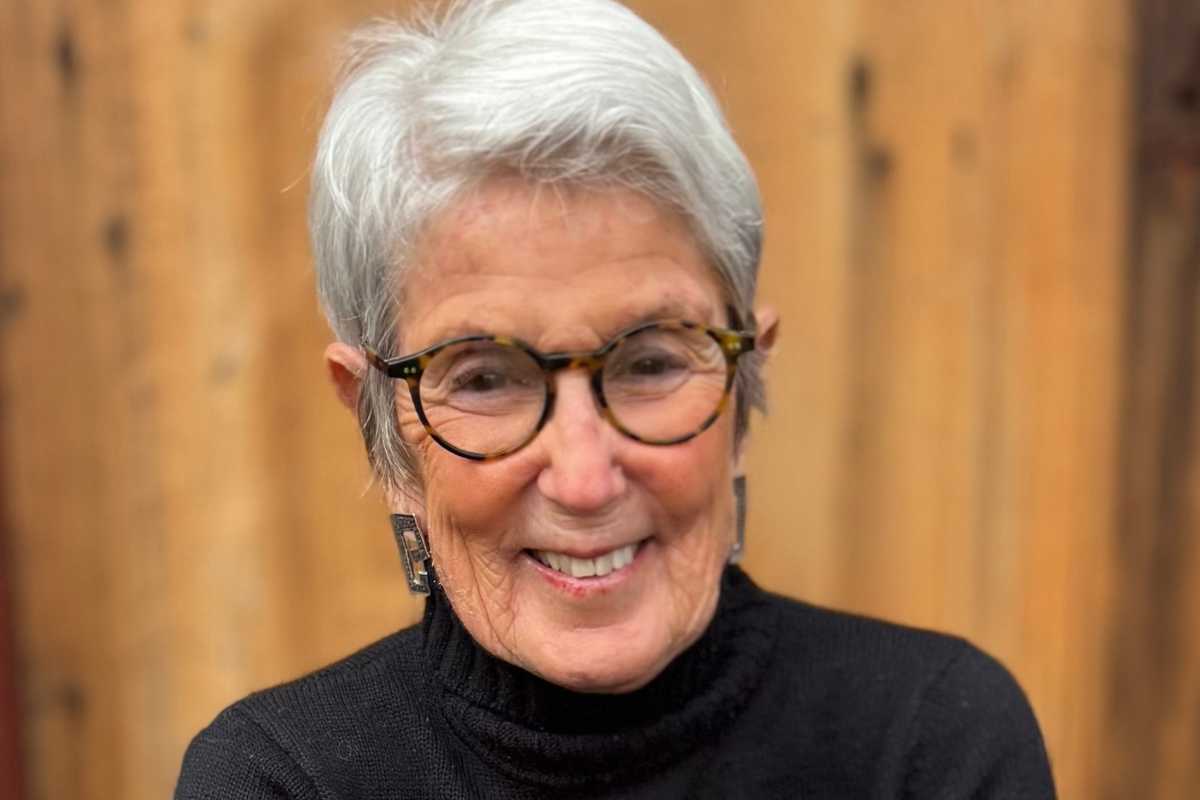
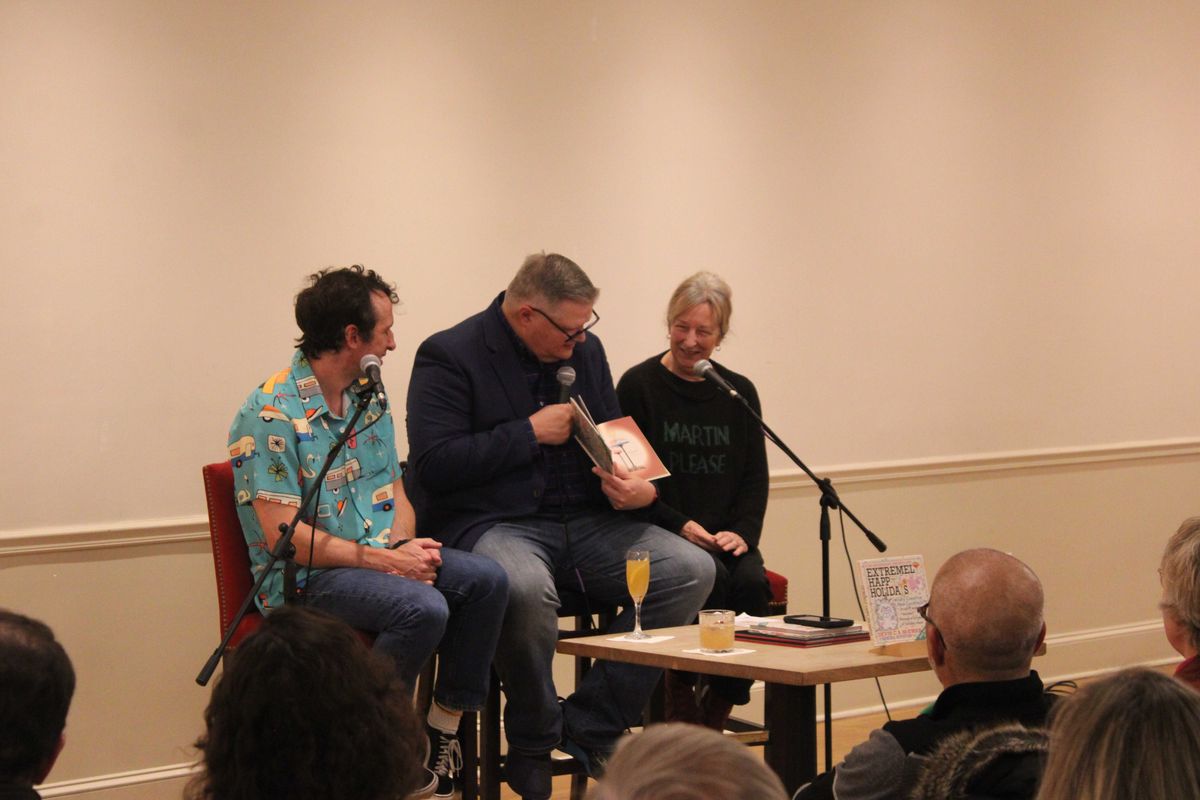
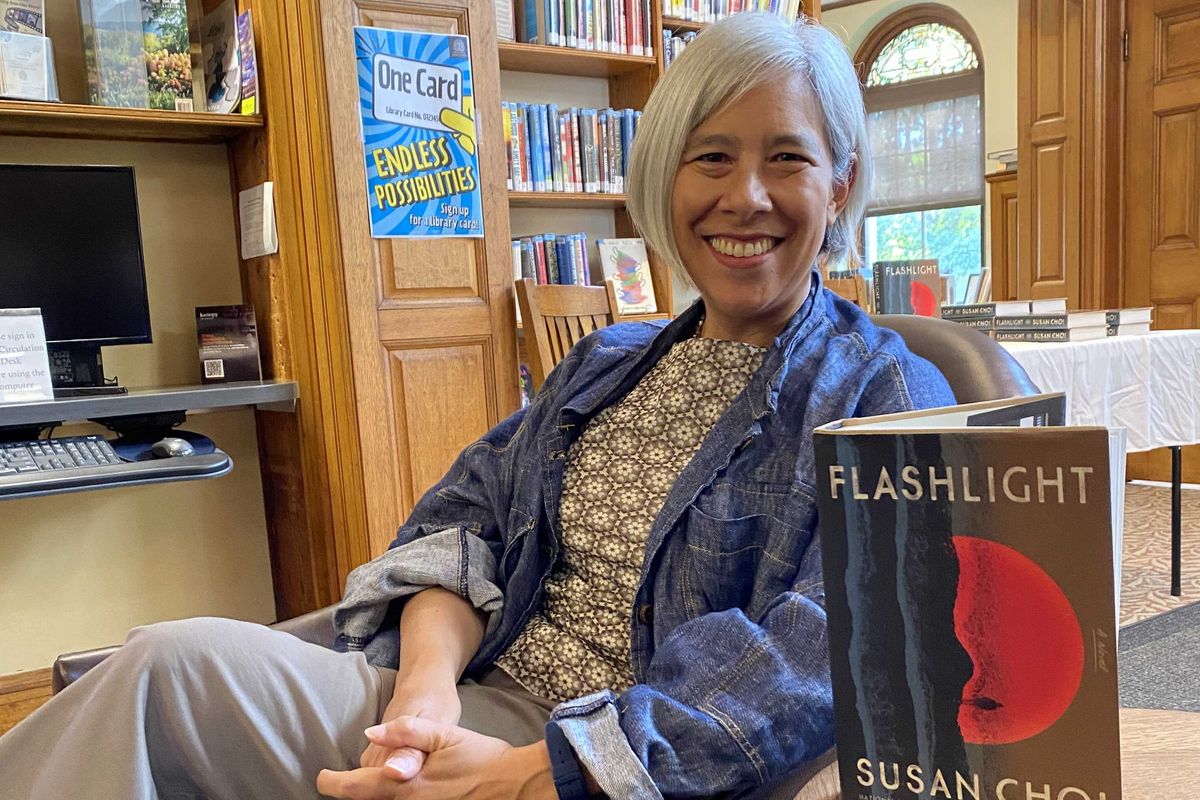

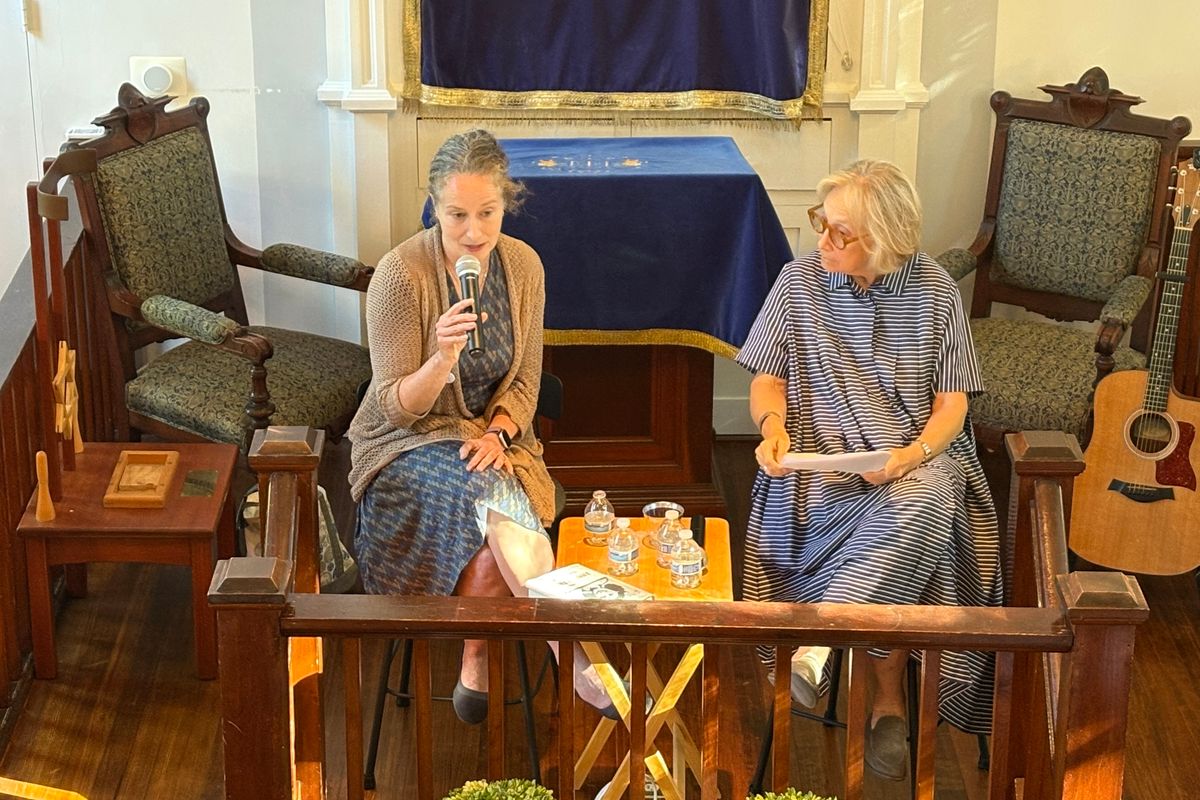
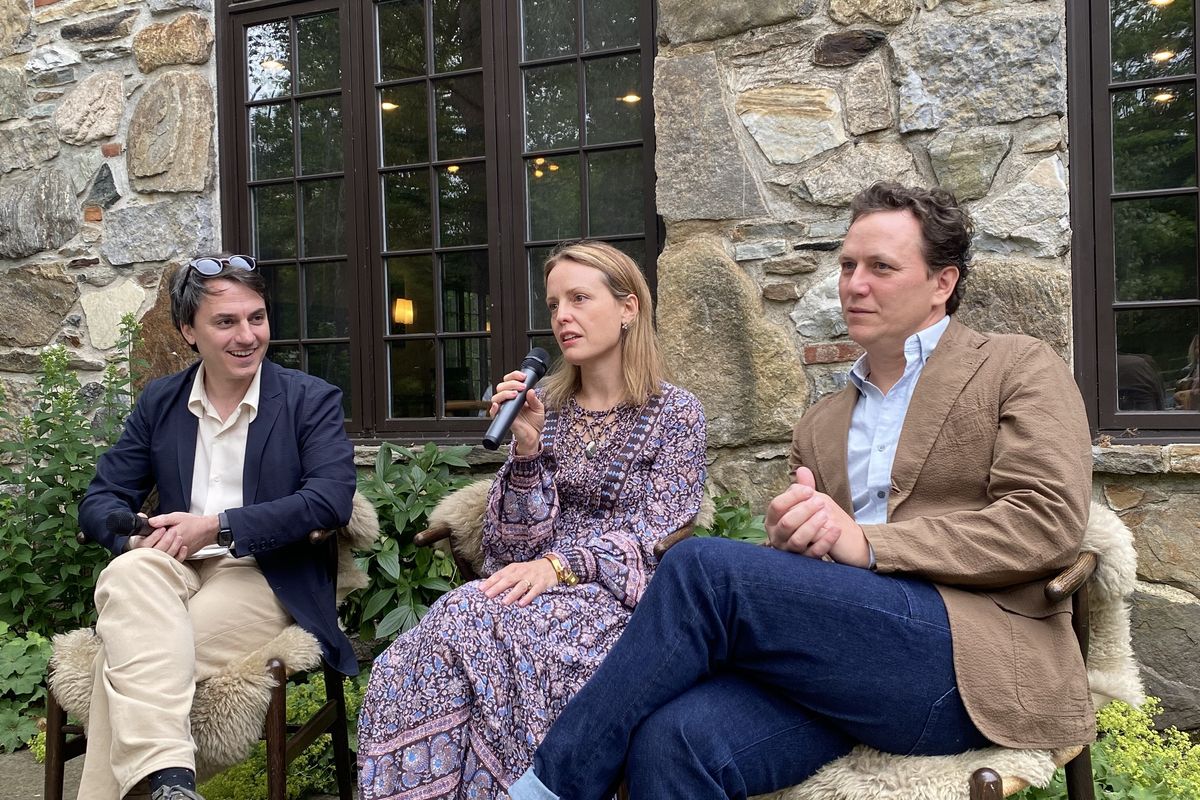
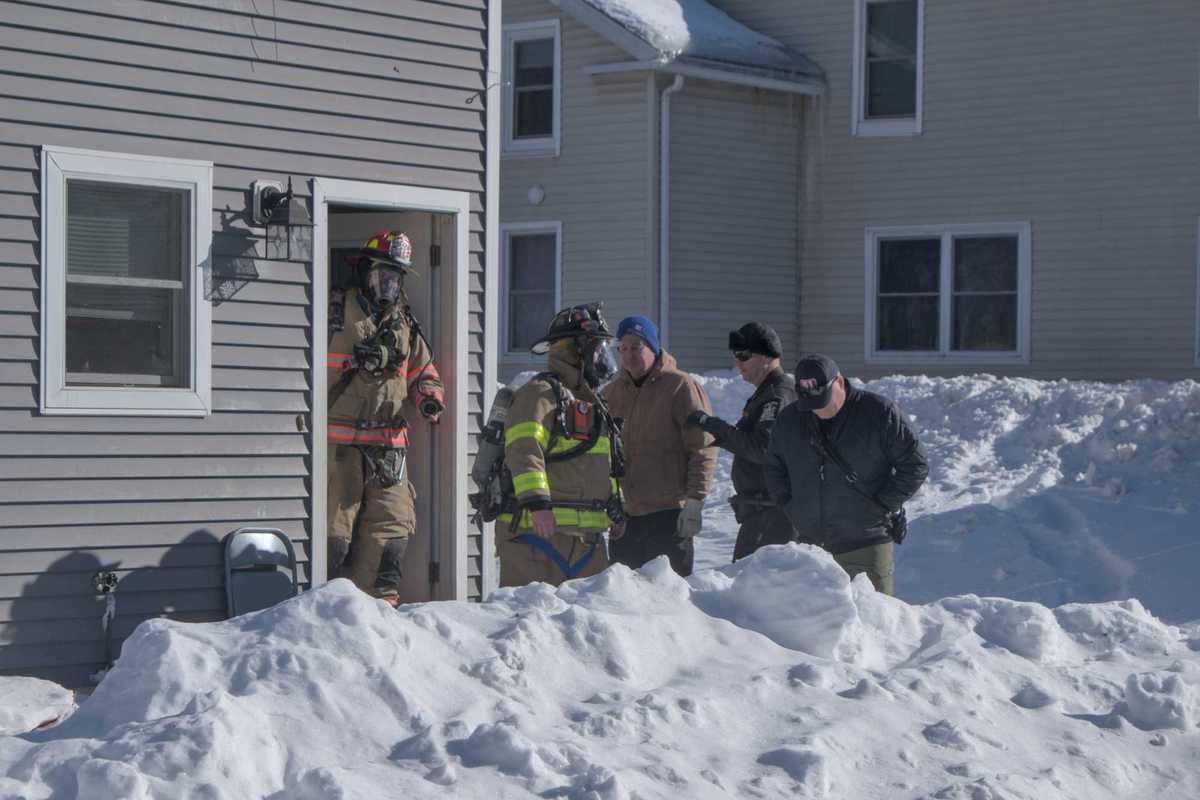
 Paramedics with Empress EMS march through the snow toward Millerton firefighters on Monday, Feb. 9.Photo by Nathan Miller
Paramedics with Empress EMS march through the snow toward Millerton firefighters on Monday, Feb. 9.Photo by Nathan Miller
 Brian Booth, of Millbrook, demonstrates a "flip-up," on Friday, Feb. 6, at Rudd Pond. A flip-up is an ice fishing device that suspends a baited hook connected to a spring-loaded flag that flips up when a fish takes the bait.Photo by Nathan Miller
Brian Booth, of Millbrook, demonstrates a "flip-up," on Friday, Feb. 6, at Rudd Pond. A flip-up is an ice fishing device that suspends a baited hook connected to a spring-loaded flag that flips up when a fish takes the bait.Photo by Nathan Miller